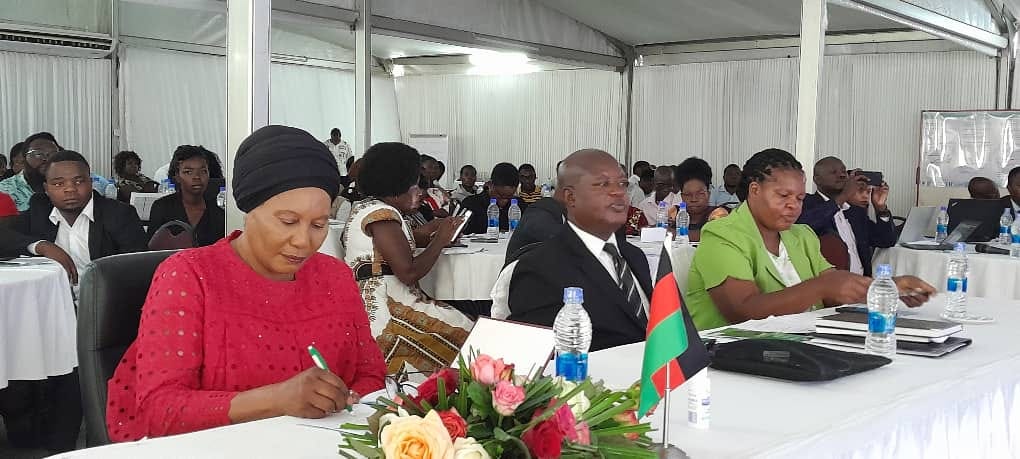Malawi On Course to Achieve 95:95:95 Targets by 2025, Says Deputy Minister of Health
The new project, slated for April 2023–October 2024, aims to build upon the previous project's successes and further improve the management of advanced HIV patients.
Malawi: Deputy Minister of Health, Halima Alima Daud, stated at a recent event in Salima that despite challenges in screening and managing advanced HIV diseases, the country has made significant progress in reducing HIV prevalence and new infections, writes Alinafe Nyanda.
"This is a testimony that we are on course to achieving the 95:95:95 targets by 2025, bearing in mind that we were able to achieve the 90s targets in 2020, which is not very long ago. This shows the good work that the Ministry, through the Directorate of HIV/AIDS, and our service partners are doing to control the HIV epidemic," Daud said.
At the "Advanced HIV Disease Quality Improvement Collaborative Project" event, Daudi emphasized the importance of sharing experiences and lessons learned to further improve the management of advanced HIV patients.
"I urge facility representatives to be free and share their experiences both in terms of what worked and what did not work. These lessons will help in accelerating improvement in sites outside the implementing districts," she said.
The successful implementation of the project has resulted in additional support from the Bill and Melinda Gates Foundation for continued technical assistance in scaling up quality improvement initiatives in Malawi.
"The project intends to build on the good practices and successes of the initial project to improve quality in the management of advanced HIV patients even more," Daud added.
The Bill and Melinda Gates Foundation has increased its support for technical assistance in expanding quality improvement initiatives in Malawi, following the successful completion of a project from October 2020 to October 2022 in seven districts: Karonga, Mzimba North, Nkhotakota, Mangochi, Dedza, Ntcheu, and Mchinji.
The new project, slated for April 2023–October 2024, aims to build upon the previous project's successes and further improve the management of advanced HIV patients.



